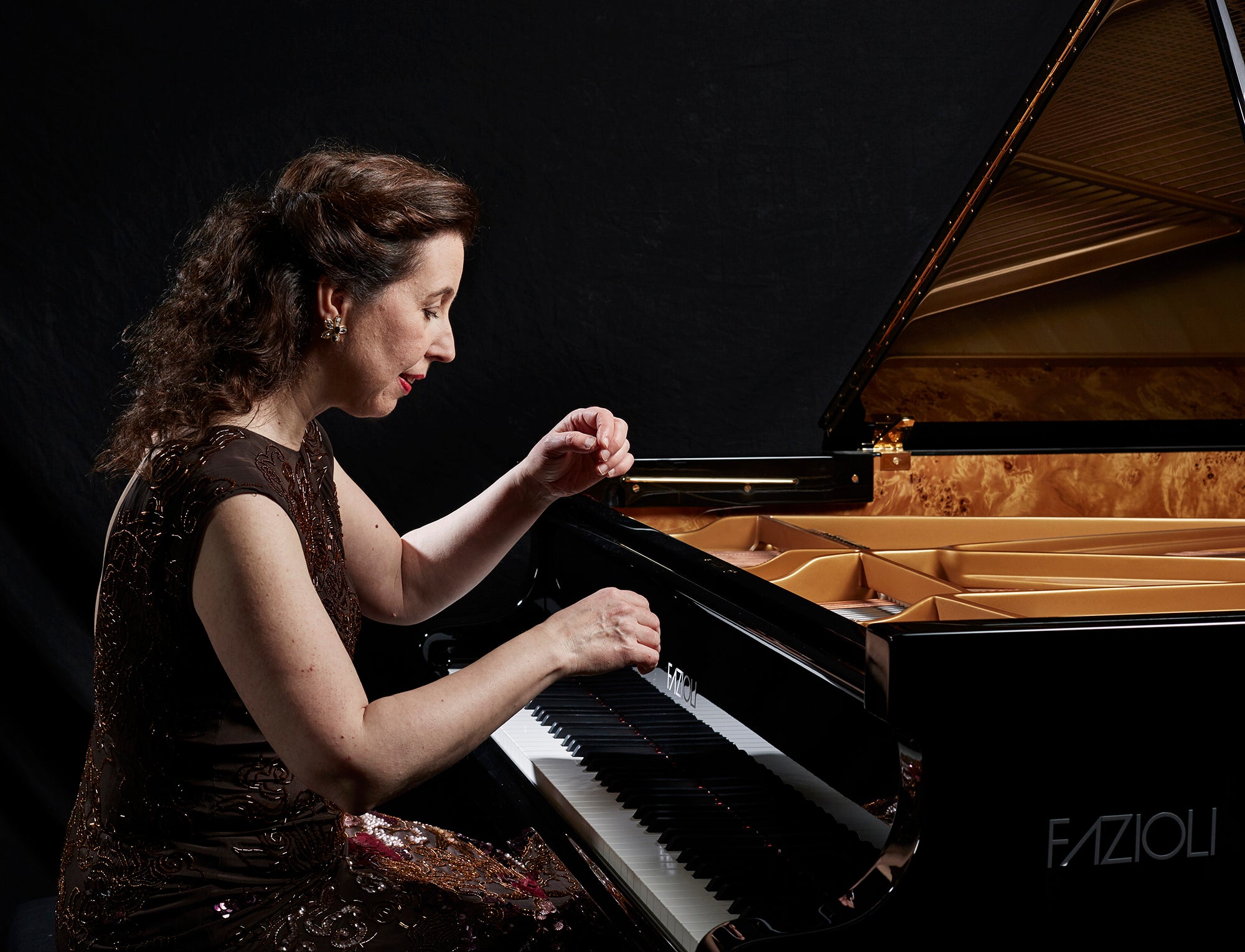Classical reviews: Beethoven and Frescobaldi
Pianist Angela Hewitt performs Beethoven’s 32 Variations with a lightness of touch, while harpsichordist Christophe Rousset’s firm touch and steady tempi are perfectly suited to Frescobaldi’s toccatas and suites

Beethoven Variations
Angela Hewitt, piano
Hyperion CDA68346
★ ★ ★ ★★
Beethoven laughed derisively when, much later in life, he heard a friend playing his early 32 Variations in C minor. “That piece of folly mine?” he asked, but, as the pianist Angela Hewitt rightly maintains, it’s a fabulous piece. Its 32 variations take just 13 minutes, but what a rich vein of inventiveness they represent, with each in its own individual soundworld. Some are intensely sweet, others are flashes of fury; one consists of a suppressed bass rumble, another has the quality of a fleeting dream.
With a light and supple touch, Hewitt conjures up these miniature worlds with thrilling conviction, and she brings bewitching charm to the variations, which follow; Beethoven’s toyings with “God Save the King” and “Rule Britannia” are suitably tongue in cheek. At the end of her liner notes Hewitt tells a sad story: when these recordings were over, the piano movers dropped her beloved Fazioli, smashing it beyond repair, so this CD is its wonderful swan song.
Frescobaldi: Toccate e partite d’intavolatura di cimbalo, libro primo
Christophe Rousset, clavecin
AP202
★ ★ ★ ★★
As Christophe Rousset observes, composing for the harpsichord requires an understanding of the instrument’s limitations, so as to turn them to advantage - a principle admirably exemplified by this CD. Rousset’s firm touch and steady tempi are perfectly suited to these toccatas and suites, as is his instrument: a late sixteenth-century Bolognese harpsichord whose richness of tone allows the richness of Girolamo Frescobaldi’s soundworld to be better honoured that it ever could be on a piano.
One of Frescobaldi’s specialisms lay in intertwining melodies like garlands of flowers; the pieces evolve organically, their themes seeming to elaborate themselves spontaneously rather than being elaborated by a controlling mind. For all its beauty, this is music as an intellectual exercise.
One piece comes over like an Elizabethan pavane, some pieces are enigmatic, others flow artlessly. “Cento partite sopra passacagli” is so complex that one almost loses track of the repeated figurations, while “La follia” gives rise to a surprisingly brisk series of dances; the “Partite sopra l’aria della Romanesca”, now Frescobaldi’s most commonly-performed set of variations, becomes a celebration of intricate grace.
Join our commenting forum
Join thought-provoking conversations, follow other Independent readers and see their replies
Comments


Bookmark popover
Removed from bookmarks